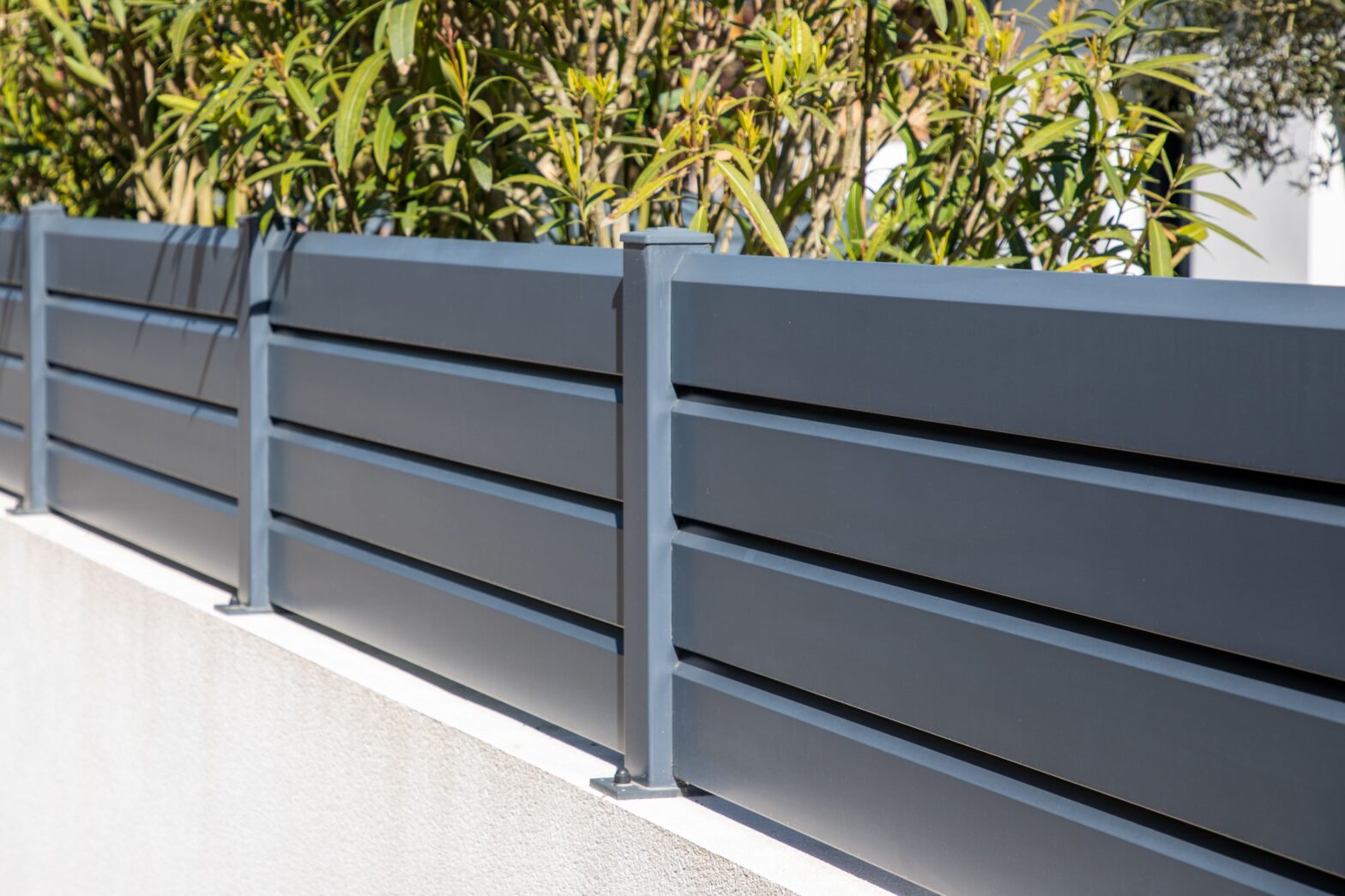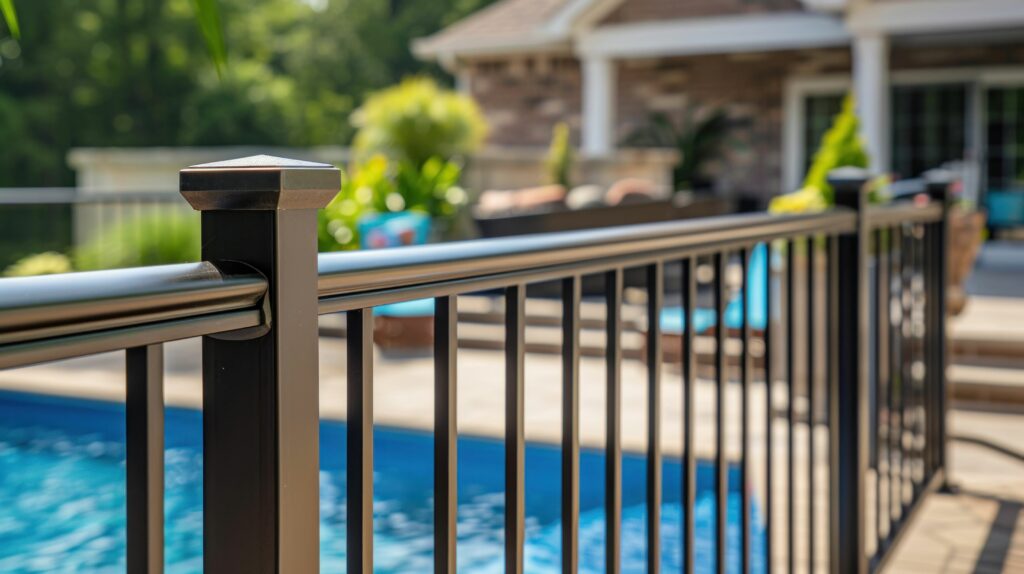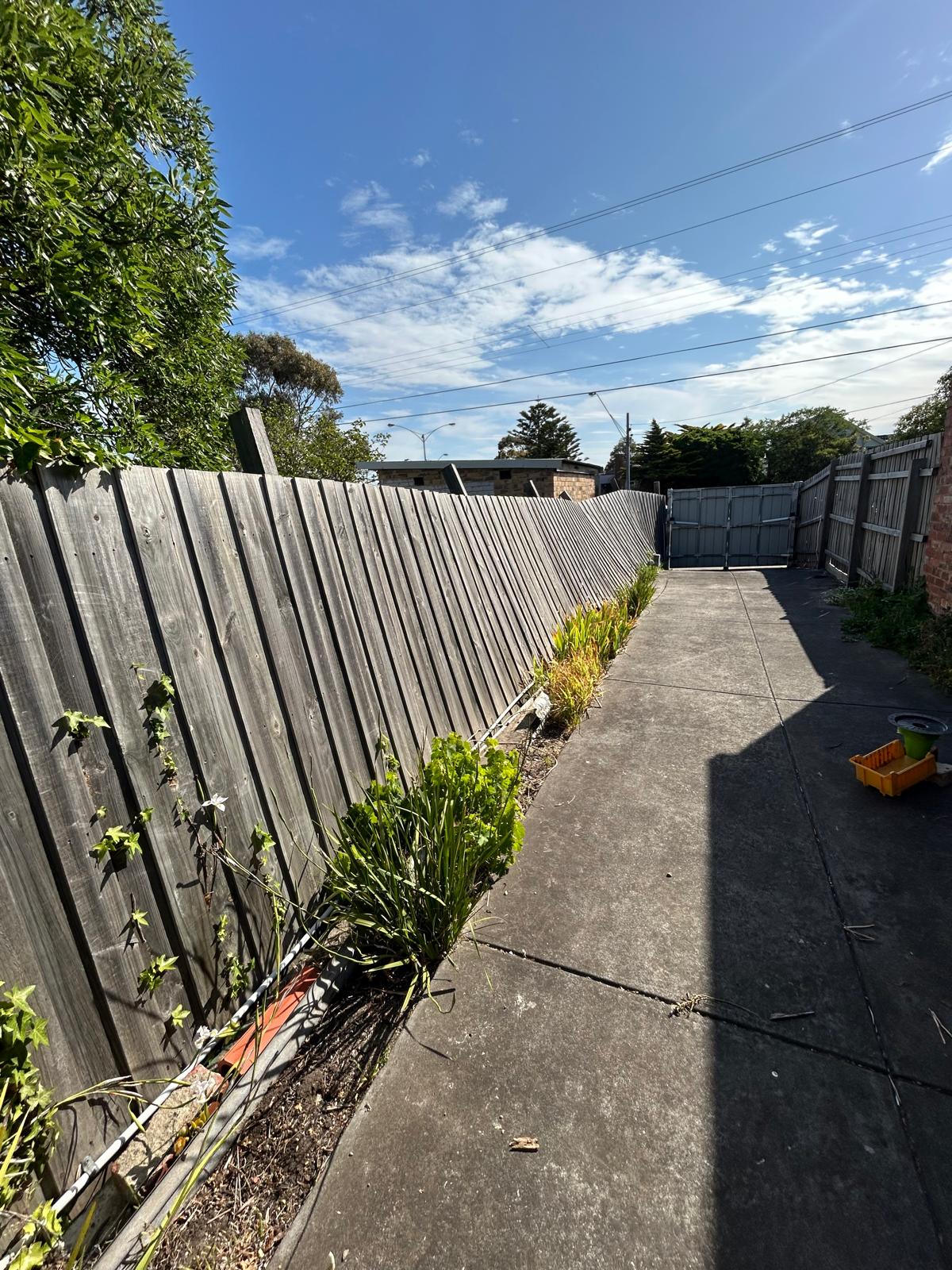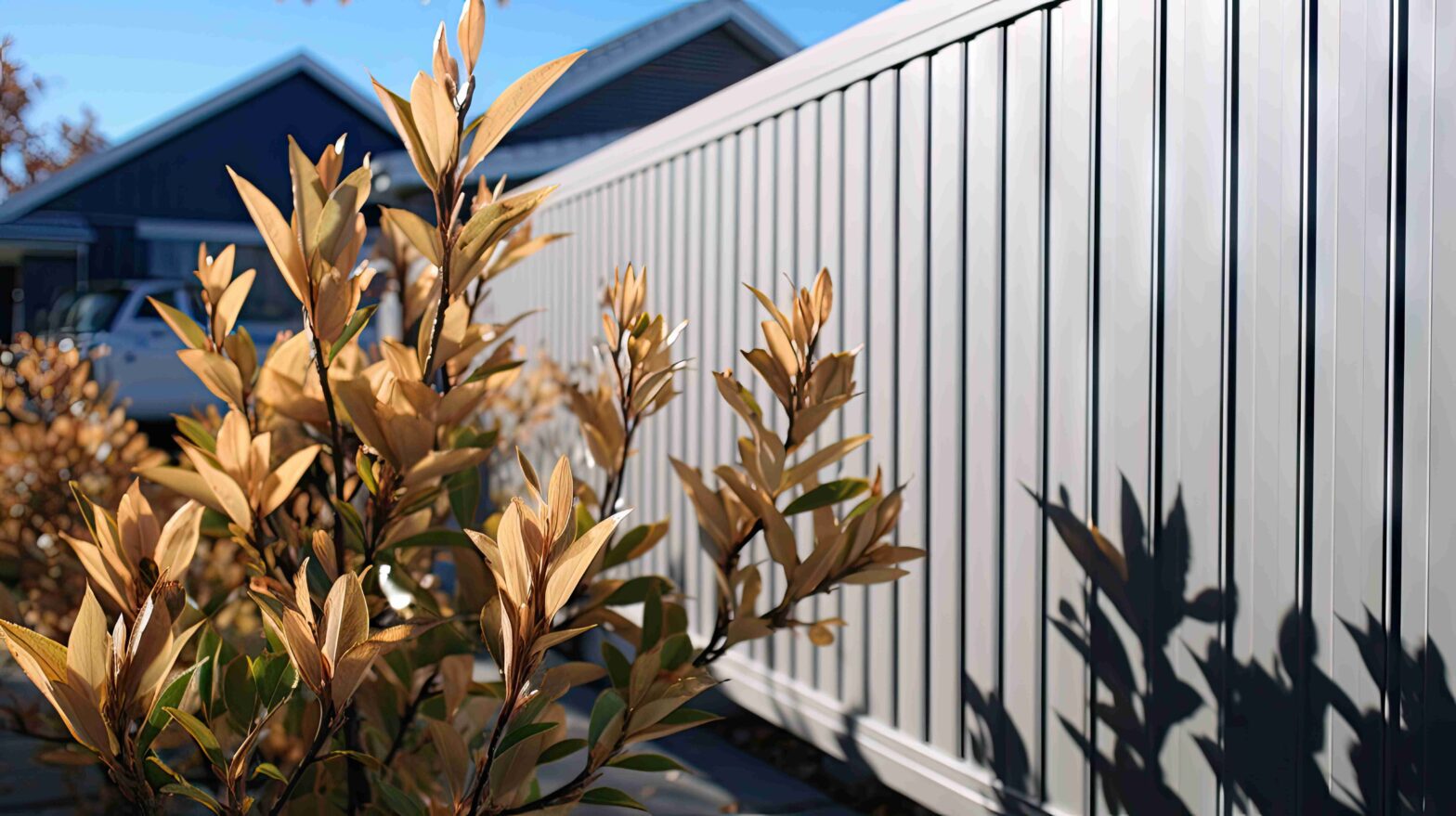Effects of Salt on Aluminium

If there are two terms that best describe aluminium, they’re “lightweight” and “corrosion resistant.” Despite only having around a third of the density of steel, aluminium is just as durable, thanks to the way its atoms are arranged. Being lightweight also means it’s easy to work with from manufacturing to application.
In this blog post, however, our focus is on the other one: corrosion resistance. Aluminium is a popular material for coastal and marine use because of how it reacts when exposed to corrosive elements like salty air. On that note, how much salt is too much for this metal?
How Aluminium Resists Corrosion
Aluminium is one of a handful of elements that has a high affinity for oxygen, the initiator of the corrosion process. It joins the ranks of some common metals such as magnesium and rare ones like hafnium and niobium. Affinity means one element can combine with another to create a stable compound.
Unlike iron, which rusts when exposed to oxygen in the air, aluminium reacts to oxygen by forming a sacrificial layer of aluminium oxide. This layer may only be nanometres thick, but it’s enough to stop the rest of the metal from oxidising further. If the aluminium loses a part of said layer, it’ll generate a fresh one for as long as there’s enough aluminium remaining.
Rusting on unprotected steel can take minutes to years (depending on the environmental conditions), but oxidation on untreated aluminium can take far less than a second. To put it simply, aluminium oxide forms the moment it’s exposed to oxygen in the air. The naked eye can’t see it because the reaction occurs on an atomic level.
Resistant But Not Immune
This is the point where we put a big asterisk on aluminium’s inherent corrosion resistance. As impressive as it sounds, the metal will corrode under certain conditions – two of which can occur at home.
The first is exposure to chlorine, such as splashing the aluminium fence with pool water treated with chlorinating liquid. Chlorine kills germs in the pool by reacting with the water to form hypochlorous acid. However, it can also react with aluminium to form aluminium chloride, which is acidic enough to eat through the oxidised layer and the metal.

The second – and unfortunately – is saltwater.
Contrary to popular belief, aluminium doesn’t hold well when exposed to moisture with a significant salt content. This triggers galvanic corrosion, which generally occurs when two dissimilar metals come into contact. Seawater is known to contain other metals such as copper, which should under no circumstances come into contact with aluminium.
Manufacturers work around this in several ways like alloying aluminium with compatible metals to hinder galvanic corrosion, resulting in marine-grade aluminium. While primarily used in shipbuilding and other marine applications, it also makes for good coastal fencing.
If marine-grade aluminium fencing isn’t available, powder-coated aluminium comes at a close second. Powder coating adds an extra protective layer on top of the oxidised layer that seals off the metal from contact with salt-laden moisture. It also makes the fencing look better due to its more even application compared to painting.
Still the Best for Coastal Areas
Despite its susceptibility to salt-induced corrosion, aluminium remains the best material for fencing homes near or by the coast. Between its anti-corrosion properties and powder-coated finish, it has the highest chance of resisting the effects of exposure to salty air and moisture compared to other options in the market.
- Timber: Barring certain species, timber has few to no means of protecting itself from the effects of salty air and moisture. As we explained in a previous post on houses’ susceptibility to saltwater damage relative to their distance from the coast, timber can weaken and even absorb moisture to the point of warping or decay.
- Vinyl: Although another popular choice for fencing by the coast due to its synthetic makeup, vinyl or PVC fencing struggles to withstand strong winds and other weather extremes. Melbourne alone is no stranger to insane weather, from record-breaking heat to severe thunderstorms, any of which can ruin such a fence
- Steel: Unless galvanised or powder-coated (or protected in the same manner as COLORBOND® steel), steel is a poor choice for fencing in coastal environments. Unlike aluminium, steel reacts to oxygen by producing rust that can degrade its integrity. Stainless steel can last a bit longer before rusting.
- Brushwood: Surprisingly, brushwood is arguably the closest to rivalling aluminium, thanks to its hardiness. Rehabilitating saline land often entails planting brushwood, as it thrives in such conditions. The only downside is that, like timber, it’s prone to rotting when exposed to moisture – salt-laden or not.
Aluminium fencing may require little to no maintenance, but it’s essential to be diligent about such things when close to the sea. Washing the surface with mild soap and water helps keep the powder coating in pristine condition for a long time. Avoid using abrasive cleaners, as they can risk damaging the powder coating.
Keep up with the latest from Grays Fences & Gates
Subscribe to our blog and get latest news, inspiration, and resources delivered directly to your inbox.


